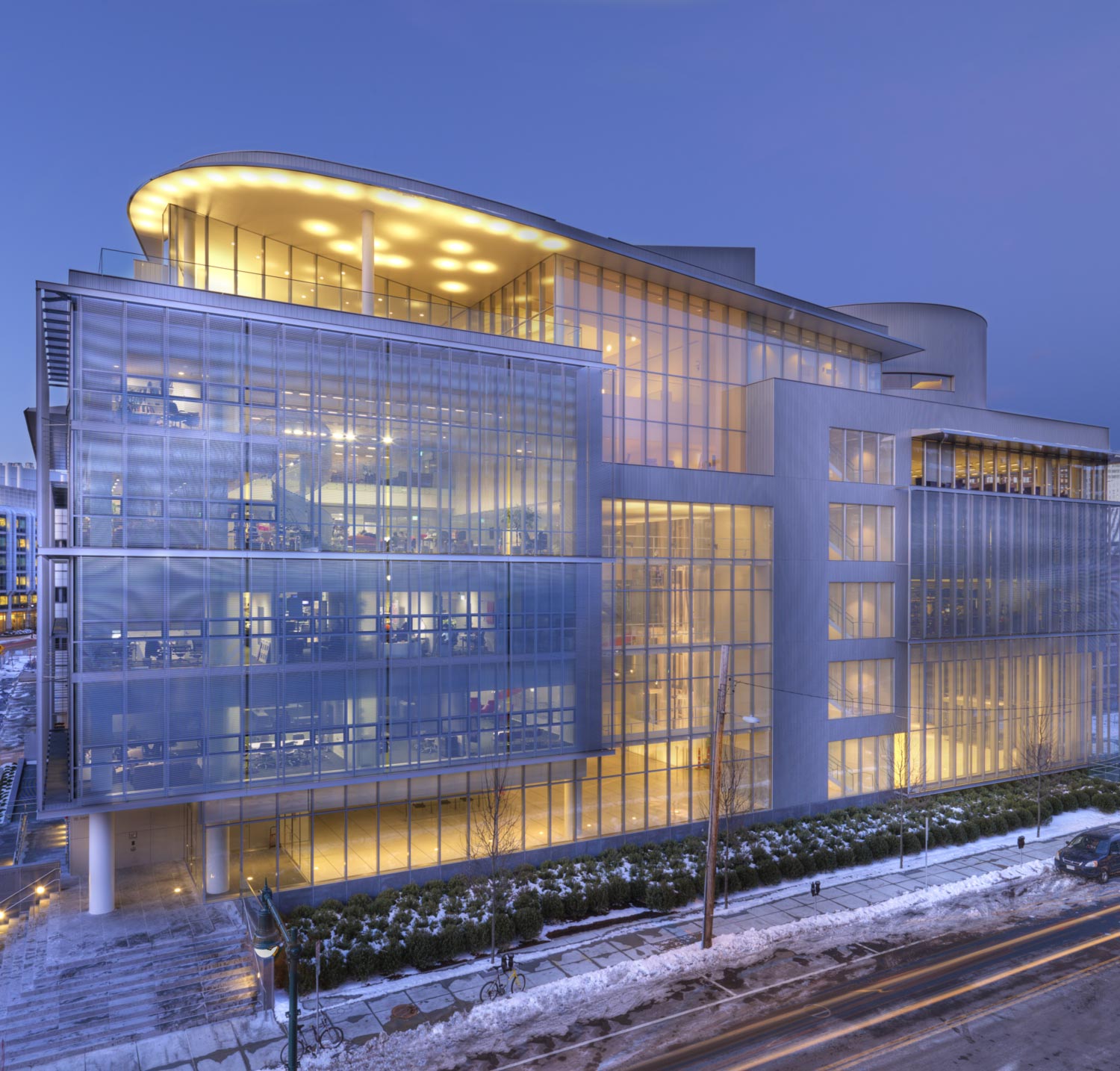Marking Juneteenth, tomorrow, June 19, 2020
To the members of the MIT community,
I write on the eve of a day that holds tremendous meaning for many African Americans: Juneteenth. It marks the day in 1865 when the people held in slavery in Texas were finally told – two and a half years after the Emancipation Proclamation – that they were legally free.
In honor of Juneteenth, many organizations in Greater Boston are offering free educational programming online, including the Royall House and Slave Quarters museum in Medford, the Boston Globe, the Boston Public Library and the Museum of Fine Arts.
Some in our community have celebrated Juneteenth every year, all their lives. Others are still learning about its origin and significance. In this time of national turmoil over systemic racism and brutality, I would like Juneteenth to be a day when all of us take time to reflect on the momentous opportunity before us. Painfully and tragically, history has opened a door; each of us, and all of us together, have an opportunity to help drive lasting progress on racial justice and equality, for our community – and for the nation.
In the coming week, I will share an initial picture of both our strategic action plan for diversity, equity and inclusion, currently in development, and a range of immediate policies and investments MIT will pursue to address systemic racism at the Institute. In this work, we have been consulting closely with student leaders from the MIT Black Students' Union, the MIT Black Graduate Student Association and the Academic Council Working Group, as well as a number of our African American staff and faculty, and we will continue to broaden this outreach. Community involvement will be critical to its success.
In 1866, when Juneteenth was first celebrated, MIT had just started to teach its first students. As we have begun to learn from the students, staff and faculty who brought to life the course called “MIT and the Legacy of Slavery,” the history of the Institute is, like the history of the United States, entwined in racial injustice.
We must use this opportunity, together, to invent a better MIT.
Sincerely,
L. Rafael Reif


